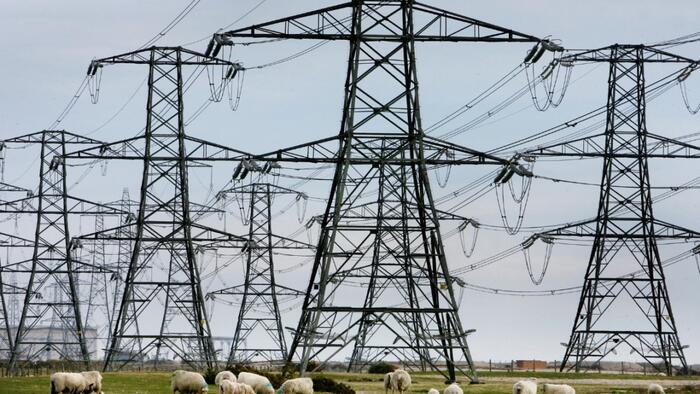Jeffrey Tucker, in his piece for The Epoch Times, expresses a growing skepticism regarding the rapid transition from analogue to digital technologies. Initially an advocate for digital advancements, the author has become increasingly concerned about the reliability and security of current technologies, particularly in light of frequent cyberattacks, outages, and data breaches. He argues that modern devices lack robustness, as they often rely heavily on centralized systems with single points of failure. Tucker emphasizes the potential dangers these vulnerabilities pose, suggesting that a complete breakdown of the digital infrastructure could happen at any moment without warning.
A pivotal moment for Tucker’s perspective occurred while visiting a small laundry in Manhattan where the proprietor was still using a sewing machine that dates back to 1948. This encounter led him to observe the longevity and reliability of older equipment employed by various local tradespeople. Many still utilize machinery that is decades or even over a century old, capable of functioning independently from modern conveniences. This starkly contrasts with contemporary consumer electronics and appliances, often designed for planned obsolescence, with short lifespans and an increasing dependency on digital systems for basic functionality. In light of the over-reliance on technology, he questions the sustainability of a society that seldom considers the implications of a sudden or prolonged breakdown in digital infrastructure.
Tucker warns of the potential consequences of such failures in the face of disaster, invoking Hurricane Helene as an example. During this event, individuals experienced a loss of all electronic means for transactions, communication, and transportation, leaving many unable to function without traditional, analogue solutions like cash, personal connections, and basic survival tools. In moments of crisis, he argues, it is the old technologies that enable survival — gasoline, generators, maps, and manual skills once again take precedence. The writer laments that while modern society has sought to free itself from dependence on “fossil fuels,” it ultimately reveals a persistent reliance on basic, tangible tools and practices.
The transition towards “touchless” technology during the COVID-19 pandemic serves as another point of contention for Tucker. He criticizes this inclination as irrational and rooted in a troubling attitude towards the tactile world. While the virus was not transmitted through surfaces, the trend toward no-contact ordering and digital menus was embraced widely, only to be rejected once restaurants returned to operations. Tucker views this touchless obsession as a symptom of a deeper cultural detachment from physical reality, underscoring a misguided desire to transcend the material world—an idea that he regards as a dangerous delusion.
In acknowledging government preparedness efforts for potential crises such as grid outages, Tucker maintains that these plans are ultimately inadequate. Drawing from anecdotes of individuals affected by disasters, he illustrates how the increased vulnerability of modern society becomes apparent when people find themselves facing prolonged periods without power. Without the comforts of technology, individuals begin to reconnect with the more organic aspects of life, including reading, personal interactions, and self-sufficiency. Such moments prompt reflection on the fragility of technological dependence and the value of human connection over artificial distractions.
Finally, Tucker addresses the looming economic challenges that may lead to crises, even without natural disasters. Rising energy costs and inflation threaten the feasibility of maintaining modern living standards, with many homes designed to operate on high-energy inputs. He notes that dependency on centralized power sources and the increasing regulation of energy usage will make society more susceptible to control by external forces, including the government. In this context, Tucker advocates for preparedness, suggesting that in addition to physical resources like cash and silver, cultivating a strong social network will ultimately be the most vital factor in enduring future challenges. Human relationships are highlighted as the true foundation of resilience in an increasingly unstable world.

